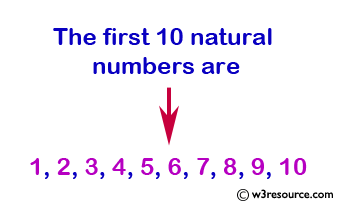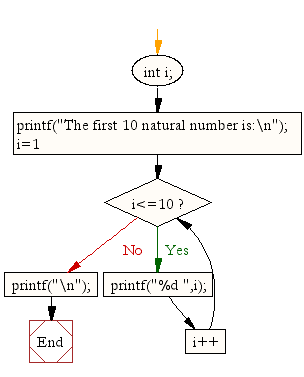In C or C++, we cannot return multiple values from a function directly. In this section, we will see how to use some trick to return more than one value from a function.
We can return more than one values from a function by using the method called “call by address”, or call by reference. In the invoker function, we will use two variables to store the results, and the function will take pointer type data. So we have to pass the address of the data.
In this example, we will see how to define a function that can return quotient and remainder after dividing two numbers from one single function.
Example Code
#include<stdio.h> void div(int a, int b, int *quotient, int *remainder) { *quotient = a / b; *remainder = a % b; } main() { int a = 76, b = 10; int q, r; div(a, b, &q, &r); printf("Quotient is: %d\nRemainder is: %d\n", q, r); }
..
Output
Quotient is: 7 Remainder is: 6
#include<stdio.h>
void sum(int a, int b, int *s , int *m){
*s = a+b;
*m = a*b;
}
void main(){
int s,m;
sum(5,5,&s,&m);
printf("%d", s);
printf("%d", m);
}..


